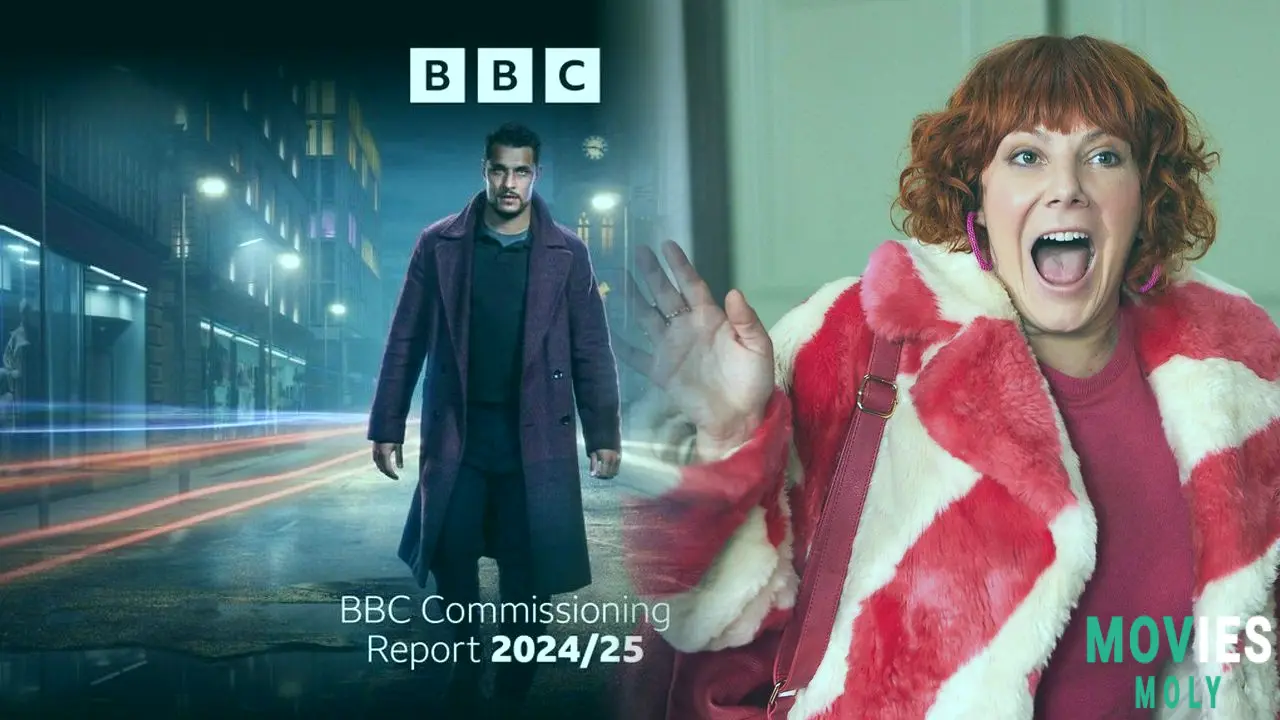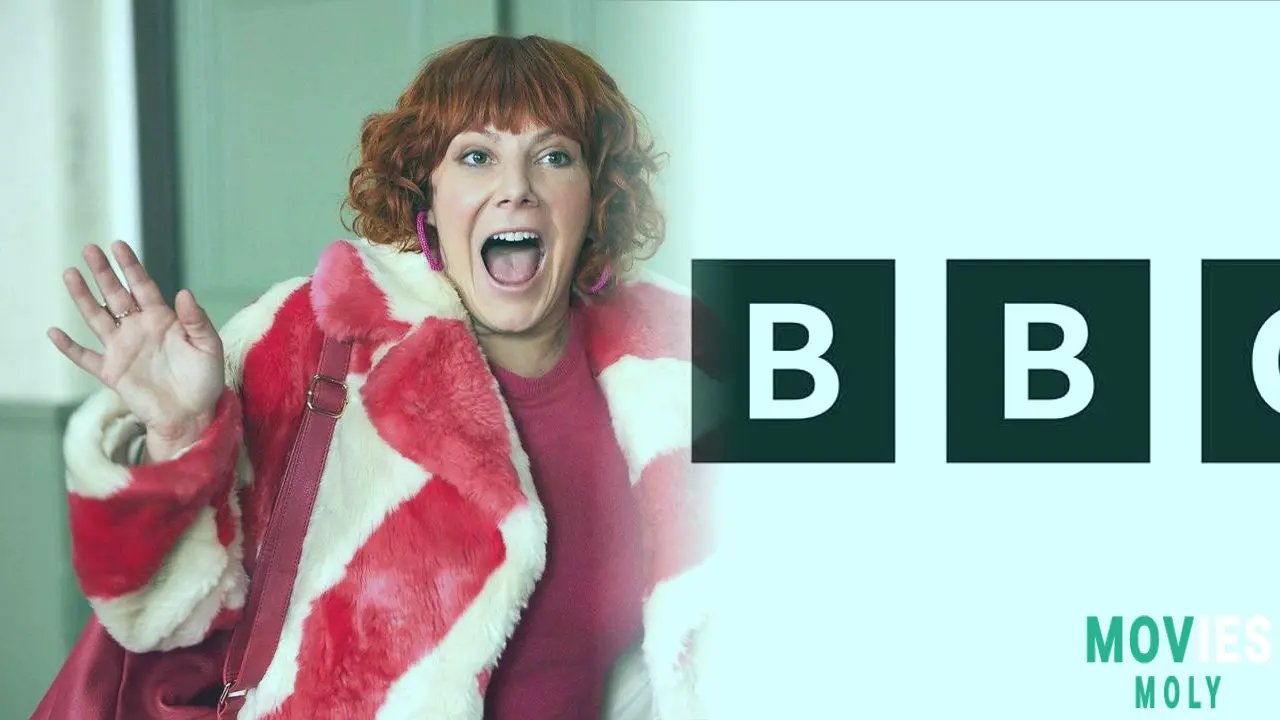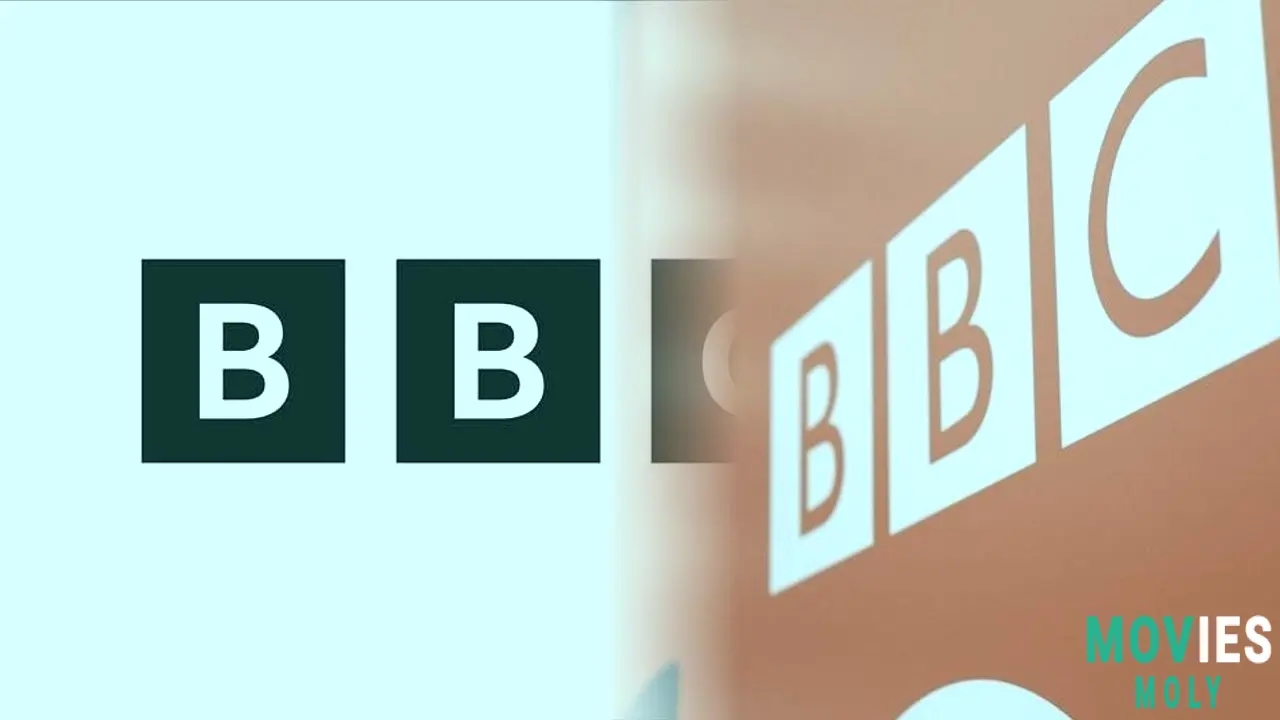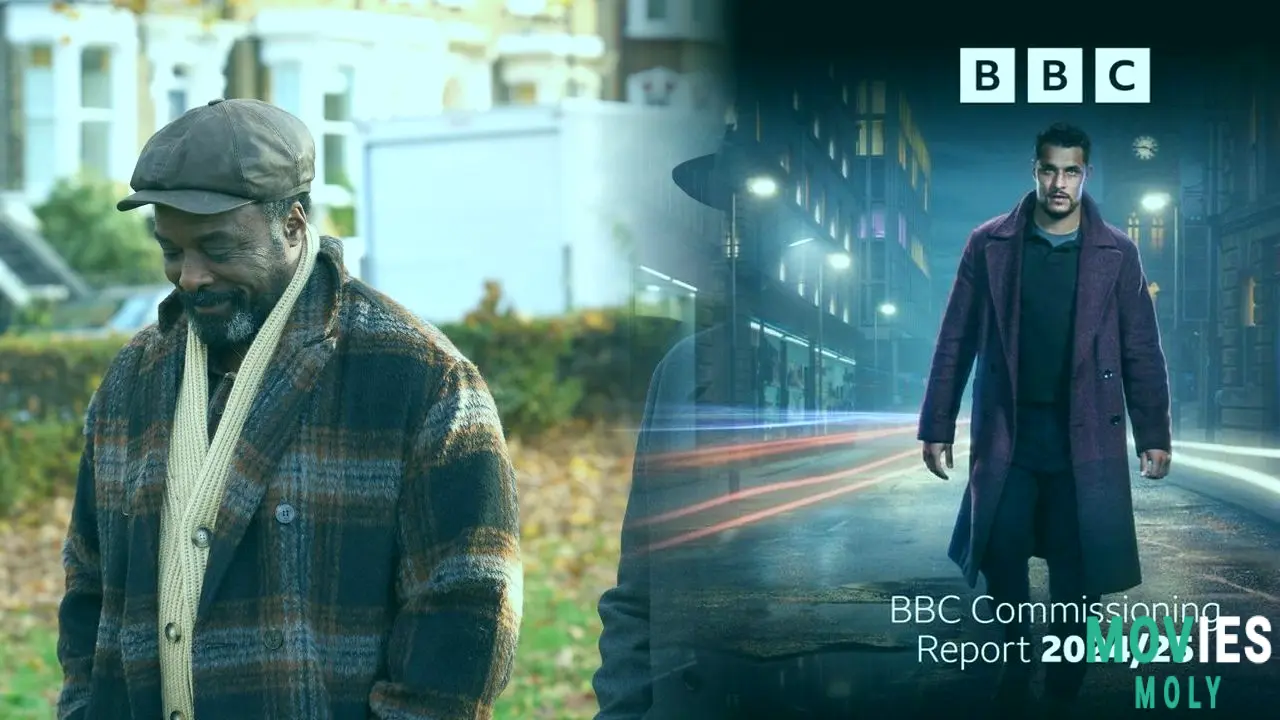The Bbc has put out its 2024/25 Commissioning Report, which is a single document that includes both its yearly Supply Report and the Diversity Commissioning Code of Practice Report. This report talks about how much money the company has put into making original UK TV shows and how it will keep doing so in the future. The results show that spending on varied content has gone up a lot, and the UK is still focused on helping independent creators.
Creative Diversity: Going Above and Beyond Goals and Changing ContentThe BBC has gone above and above its goals for Creative Diversity by spending an impressive £140 million of its existing commissioning budget on 385 TV and radio shows that match its creative diversity standards. This number is much more than the original goal of about £80 million and builds on prior promises. This big investment shows that the BBC is changing the way it thinks, and creative diversity is now a big part of the commissioning process.
Important Numbers: Diversity Spending and Effects
The protests for Black Lives Matter made people more committed to creative diversity. This led to a promise of £112 million over three years, which ended up costing £243 million. The £140 million budget for 2024/25 shows how committed they are to this. Jessica Schibli, the BBC's Head of Creative Diversity, says that her staff is now part of greenlight meetings, which makes sure that conversations about diversity occurs when a project is being commissioned. The goal of this approach Rodha is to make sure that different types-, of storytelling on air are matched by higher representationed Mars in off-air jobs, especially in senior production and company leadership.
Focus on Different Productions
For a production to be eligible for this commitment, it must meet at least two of the following three criteria: it must have a variety of tales and characters on screen, a variety of production leaders, or a variety of corporate leaders. The double-BAFTA-winning play Mr Loverman, which has also sold well internationally, and Virdee, an adaption from Bradford, are two well-known instances of successful diversified productions. We Might Regret This, a comedy show developed by and starring Kyla Harris, is another example of this focus. The BBC also talks about "incidental portrayal" in popular shows like The Traitors and Strictly Come Dancing. Blind comedian Chris McCausland's success led to his own primetime quiz show.
The BBC spent £140 million on diverse material, which was way more than they had planned. A real promise to show all audiences. #BBCDiversity #UKContent
The State of BBC Commissioning: Independent Producers and Investment in the Regions

The BBC is still a big investment in original UK content. It has put more than £1.6 billion into TV shows and hired more than 300 production businesses throughout the country. This investment helps the UK's creative economy and tries to make sure that people see themselves on TV.
What the Drop in Indie Hours Means
The report says that even though this is a lot of money, the number of TV hours provided by eligible independent producers has dropped by five percentage points. The drop from 77% to 69% of original programming hours is due to growing expenses, inflation across the board in the sector, and consolidation in the production market, which can hurt smaller enterprises. The rise in total hours generated by BBC Sport was also due to a lot of sports material, which changed the percentage from indies. The BBC did, however, go beyond its 25% requirement for independent production by nine percentage points, getting 34% of TV hours from eligible indies.
Increasing Production in Nations and Regions
The BBC's commitment to regional investment is a key aspect of its strategy. The research says that 61% of network TV spending was outside of London, which helped productions in different countries and English regions. Virdee from Bradford, Smoggie Queens from Middlesbrough, This Town from the West Midlands, Blue Lights from Belfast, Lost Boys and Fairies from Wales, and Dinosaur from Scotland are all examples. This focus on the region helps to develop local talent and narrative, which helps to give a fuller picture of life in the UK. The number of providers from the Nations and Regions keeps going increased.
The BBC is still the biggest investor in original UK material, which helps the creative economy and growth in the regions, even though it has problems. #BBCCommissioning #MadeInUK
More Beyond the Numbers: Public Service, Accessibility, and Sustainability

The BBC's promises go beyond making programming to include making production more accessible and environmentally friendly. These actions show how important it is to serve the public and help shape a responsible industry.
Making production more accessible
The BBC has never said how much it has spent to make TVs easier for disabled people to use. It has spent £1.3 million on this. This program helps producers and tries to get rid of financial barriers to inclusive production, which is in line with the goals of the Jack Thorne-backed TV Access Project. This money helps make sure that shows can hire hair and makeup artists who know how to work with a range of hair and skin tones, and that TV Access Project rules are followed across the board, such as having access coordinators and set locations that are easy to get to.
The Plan for a Net Zero Transition
The BBC is also making progress toward being more environmentally friendly. More than 700 productions got albert accreditation, which is the industry standard for making movies and TV shows that are good for the environment. 99% of all BBC TV shows met this level. The BBC has released its first Net Zero Transition Plan, which explains how it plans to become a Net Zero corporation by 2050. The main goals of this plan are to cut down on carbon emissions, make better use of energy, and promote sustainability in all of its work, including writing, editing, and making content.
It's evident that the BBC cares about making things accessible. They spent £1.3 million to remove financial barriers to inclusive production. Everyone should make progress! #TVAccess #BBC
Difficulties and the Future of BBC Content

The report talks about a lot of triumphs, yet there are still problems. "diverse company leadership" is one area that needs to keep getting attention. The BBC is striving to fix this, and they have set a new goal: 25% of the people who work on each production should come from a variety of racial, ethnic, or socioeconomic backgrounds, up from the previous goal of 20%.
Problems in the industry and how the BBC is dealing with them
The media landscape is always changing, and global streamers and changing consumption habits are always putting pressure on it. Like other public sector broadcasters, the BBC has trouble reaching people who are going online, especially younger people. Political scrutiny and funding mechanisms also make it harder to provide content. Even with these problems, the BBC wants to come up with new ideas and make content that people will want to watch on a lot of different devices.
The BBC is typically seen as a leader among major UK broadcasters because of how much money it spends and how clearly it states its public service duty to promote diversity. For example, ITV has a big Diversity Commissioning Spend of £80 million for 2025–27, while Channel 4 has its own Commissioning Diversity Guidelines that productions must follow. The BBC, on the other hand, shows a strong commitment by using diversity in all of its commissioning and reporting processes.
The BBC's commitment to diversity is "fully woven through every ounce" of commissioning, from how people are shown on screen to who is in charge of making things. A game-changer! #BBCNews #InclusiveMedia
Why the BBC's dedication to UK storytelling and diversity is important
The BBC's commitment to creative diversity and UK content is not just about reaching quotas; it's at the heart of what it does for the public. The BBC's Charter says that it must reflect, represent, and serve the many different communities in all of the UK's nations and regions. This entails making sure that stories are real and connect with a lot of people, creating a sense of shared experience and understanding.
The Future of Making Content in the UK
Different types of content can have a big effect on audiences, not just simple reflection. Watching different experiences and points of view on film helps break down stereotypes, build empathy, and make society more open to everyone. When people see themselves and their communities portrayed in a good and factual way, it develops trust and improves the bond between the broadcaster and its audience. This promise is especially important in a media landscape that is split apart and where global material is fighting for attention. The BBC strengthens its distinctive value and its role as a cultural cornerstone for the UK by investing in varied, homegrown stories.
This commitment is backed up by Kate Phillips, who is currently the BBC's Chief Content Officer. She talks about how proud she is to collaborate with hundreds of production businesses around the UK to make content that really reflects audiences. She also talks about the BBC's strong commitment to telling stories from the UK, investing in the regions, and being true to life.
Our main job is to reflect and serve all audiences. The BBC sees this promise as sacred. #BBCValues #PublicServiceBroadcasting
The BBC's 2024/25 Commissioning Report shows that the network is working hard to fulfill its public service duties while also adapting to a changing industry. Its record spending on creative diversity, ongoing investments in Nations and Regions, and attempts to make content more accessible and sustainable show that it has a well-thought-out plan to keep UK programming relevant, representative, and meaningful for all audiences.





